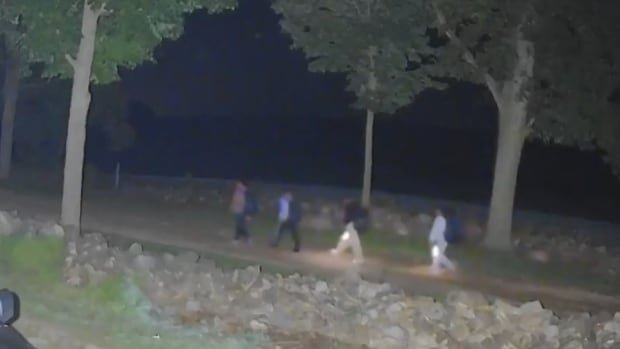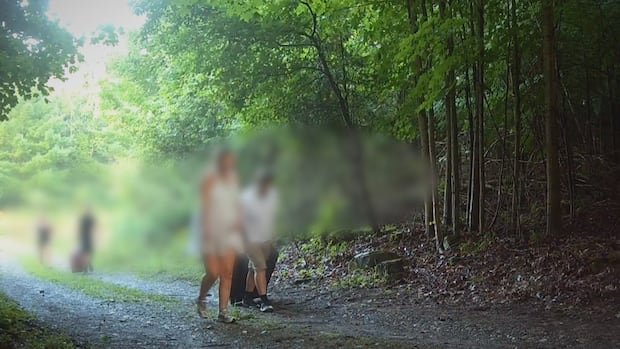On a late Saturday afternoon, two days before U.S. president-elect Donald Trump threatened tariffs on Canadian goods over migrants and fentanyl, the RCMP alerted U.S. Border Patrol about a group of people crossing illegally from Quebec into an area near Chateaugay, N.Y.
Border Patrol agents initially spotted the group, but then lost them in the forests along these borderlands. Then, at about 7 p.m. ET, they found a white Acura with New Jersey plates parked on a dirt road near the border. The driver told the agents he was looking for a hotel before driving off.
The group that crossed from Canada remained at large as the day shift handed off their duties to the night shift, which took up the search. Then, shortly after midnight on Sunday, agents again saw the white Acura RDX, which headed for the backroads along the border and executed a pick-up.
This led to a high-speed chase, with speedometers hitting 140 kilometres an hour, that ended on a nearby highway.
“There were now six passengers, including one individual in the trunk compartment attempting to conceal himself under backpacks and clothing,” said a criminal complaint filed with the U.S. Federal Court for the Northern District of New York, which described the encounter.
“The passengers claimed to be from Mexico, Colombia and Guatemala, and all admitted to crossing the border illegally earlier in the evening.”
Between Thursday and Sunday, U.S. Border Patrol agents apprehended at least 16 foreign nationals crossing illegally into the U.S. through the Quebec border with New York State and Vermont in three separate incidents, according to court records.
Each of the events, involving individuals from India, Mexico, Colombia and Guatemala were the result of human smuggling operations, according to evidence outlined in U.S. court documents. Court records show human smugglers charged between $3,000 US to $5,500 US each to smuggle people into the U.S.
U.S. president-elect Donald Trump is threatening a 25 per cent tariff on all goods imported from Canada if more isn’t done to stop illegal border crossings. CBC’s Jorge Barrera breaks down why cracking down on the border is much harder than it may sound.
On Monday, Trump threatened to impose 25 per cent tariffs on every product entering from Canada and Mexico unless both countries stopped the flow of migrants and fentanyl entering the U.S. across their respective borders.
The RCMP told CBC News Wednesday there’s no evidence that fentanyl produced in Canada poses any kind of growing threat to the U.S.
Most illegal crossings in one region
Overall illegal border crossings from Canada into the U.S. amount to a fraction of the movement across the northern Mexican border. U.S. Border Patrol intercepted more than 21,000 migrants crossing illegally from Canada in the first 10 months of 2024, according to data published by U.S. Customs and Border Protection.
U.S. border agents apprehended over 56,000 people crossing from Mexico this past October alone.
However, the majority of illegal crossings from Canada — 18,000 over the last 10 months — flowed across the border between eastern Ontario-Quebec and New York State, Vermont and New Hampshire. It’s an area that U.S. border authorities call the Swanton Sector, and it’s seen a dramatic rise in irregular border traffic over the past two years.
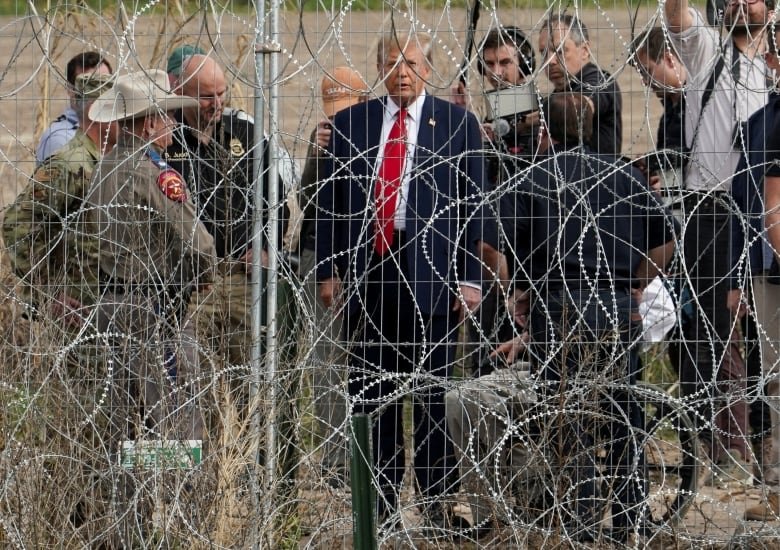
While illegal crossings since 2007 through this area hovered between the low hundreds to around 1,000 a year, they saw a sudden rise in 2023 with over 6,000 and then a surge over the past several months.
The ongoing activity is a major irritant for local governments and residents in this part of New York State, known as North Country. This is the home region for Tom Homan, Trump’s recently appointed “border czar.” It also forms part of the home district for Rep. Elise Stefanik, who was named as Trump’s proposed new UN ambassador.
While Canadian Public Safety Minister Dominic LeBlanc and the federal Liberal government have promised new border resources, including more drones, helicopters and human resources, law enforcement on the ground have limited tools to stem U.S.-bound human smuggling.
Jeannine Plamondon, senior legal counsel with the Public Prosecution Service of Canada, has handled multiple human smuggling cases involving movement both north and south across the border with the U.S.
Plamondon said cases involving the smuggling of people into the U.S. are generally more complex, involving multiple agencies on both sides of the border.
“It’s technically not an offence in Canada to enter another country, so it’s charged and prosecuted as a conspiracy to violate U.S. law, which is the U.S. human smuggling provisions,” said Plamondon, now an embedded Crown prosecutor with the RCMP’s Sensitive and International Investigations.
“So they tend to be quite lengthy and complex trials.”
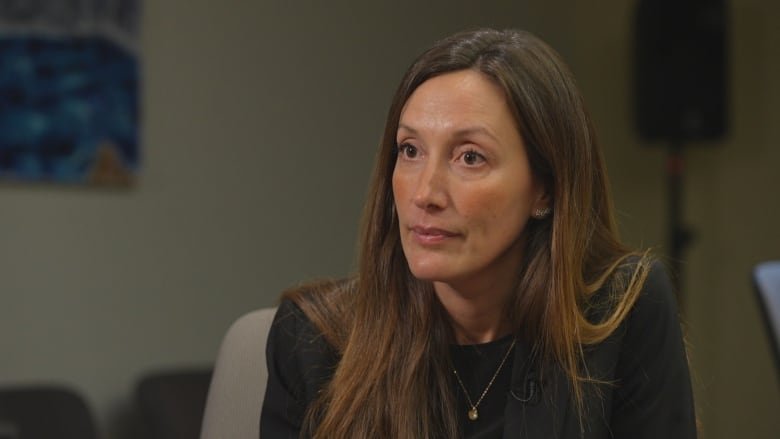
Plamondon successfully prosecuted a 2014 case against a man named Marke Albinowski who was convicted on one count of conspiracy to commit human smuggling into the U.S. Albinowski charged thousands of dollars to smuggle Polish nationals from Toronto, through Cornwall, Ont., and across the St. Lawrence River into the U.S. The case, which included appeals and a constitutional challenge, concluded in 2022.
The investigation required the involvement of the RCMP, Canada Border Services Agency, Akwesasne Mohawk Police in Quebec, U.S. Border Patrol and New York State Police, said Plamondon.
Canada should look to U.S. law
Matthew Eamer, a retired Ontario Provincial Police detective who investigated cross-border smuggling throughout his career, said Canada should consider tightening its Criminal Code provisions to make it easier for law enforcement to pursue these types of investigations.
“It’s maybe time for some update on the tools that the officers have in terms of legislation,” said Eamer.
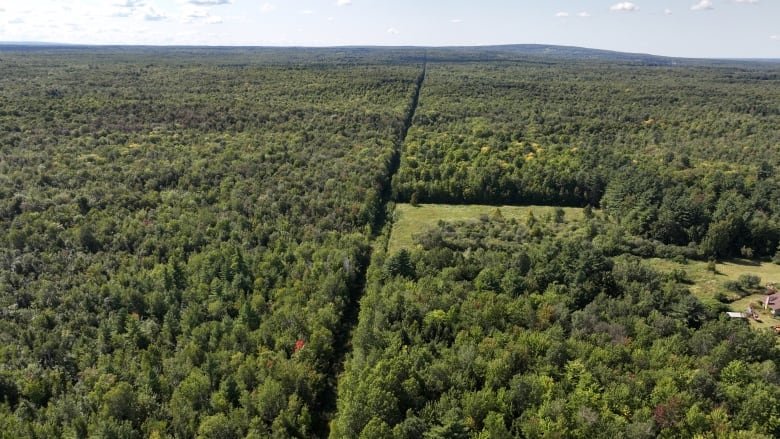
He said Canada could look into how the U.S. has structured its human smuggling laws which cover every step of the chain, from stash houses to transportation.
“We’ve seen them in past investigations, there are these stash houses being operated here in Canada to harbour migrants,” he said. “And again, it’s proving that the people that are providing those services are aware of what they are doing — willful blindness is not a defence.”
Eamer was part of the investigation that led to charges against Thesingarasan Rasiah, the alleged head of an international human smuggling network linked to the deaths of nine people — including two families from India and Romania — last March.
However, there’s the reality of geography along Canada’s 9,000-kilometre frontier with the U.S. that politicians need to acknowledge, said Eamer.
“The sheer vastness of our border makes it impossible for us to put a police officer, you know, line of sight to one another across the entire border,” he said.
“It would literally take tens of thousands of police officers to have constant watch on the border. And even with technology assistance, we can’t have eyes everywhere all the time.”

